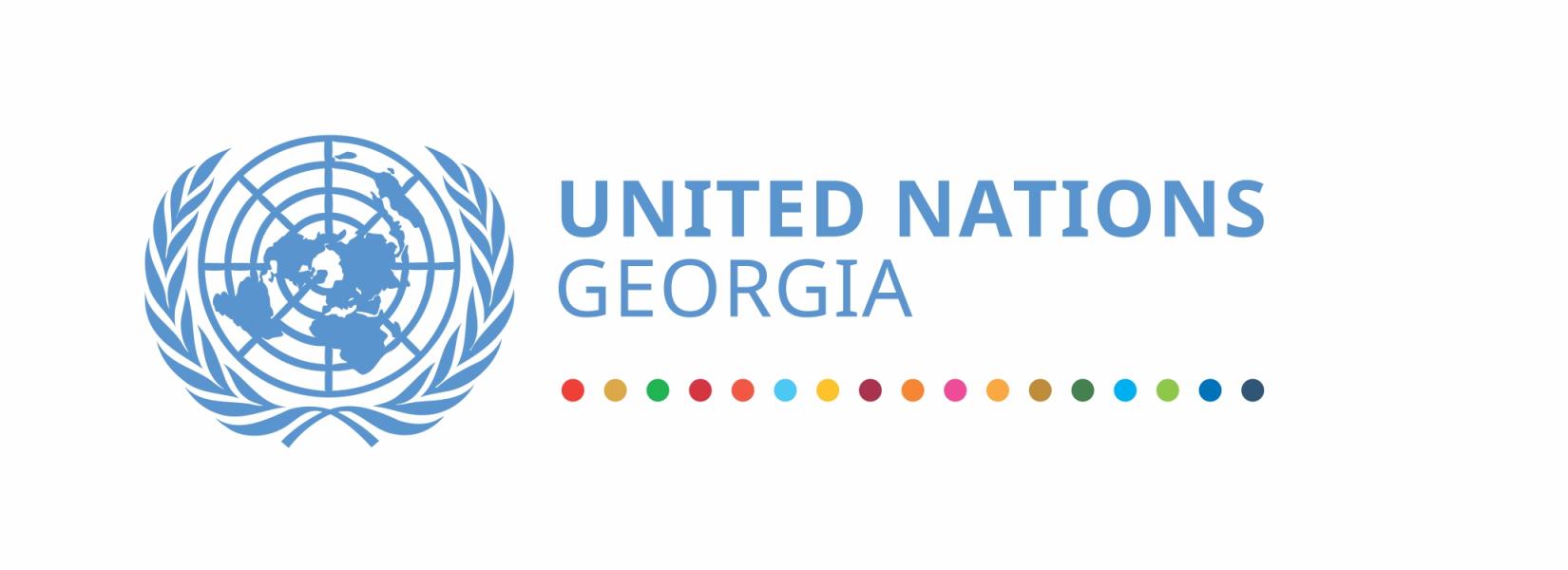Statement of the United Nations in Georgia regarding the draft law on amendments to the Tax Code of Georgia on tobacco excise tax
18 March 2024
18 March 2024

The UN in Georgia expresses its deep concern about the bill initiated in the Parliament of Georgia on March 4, 2024, with the purpose to cut excise taxes on certain tobacco products. This would unwind Georgia’s hard-won achievements in tobacco control, public health and sustainable development while continuing a troubling pattern of tobacco industry influence in policymaking. The initiative will harm the health of the population of Georgia, the country's economy, and only serves the business interests of the tobacco industry.
Despite the important steps taken in 2017-2019 in the tobacco control legislation and the tax code, tobacco use in Georgia is still very high. About a third of the population consumes tobacco and according to the UNDP/WHO/NCDC Tobacco Control Investment Case study from 2017, tobacco-related direct healthcare costs and indirect costs due to premature mortality and disability and workplace costs exceeded 800 million GEL per year, equivalent to 2.4% of Georgia's GDP, with the number of deaths surpassing 11,400. Addressing this situation necessitates long-term and steadfast implementation of comprehensive and effective tobacco control policies.
Tobacco control is not a trade-off between health and economic prosperity. On the contrary, health and well-being combined is a pillar of economic growth. Consequently, the proposed changes would not only harm health but also weaken the economy. Research carried out by the UN together with the Georgian government found that raising cigarette taxes could prevent GEL 2.2 billion in economic losses and healthcare costs over 15 years, and that for every 1 GEL invested in implementing an increased tobacco tax, the country economy would gain 221 GEL in return, without even factoring in even greater gains from increased income tax and cigarette tax revenue. There are few – if any – other policies available with such a spectacular return on investment, and a reversal of this policy would be a bad investment decision for Georgia.
The proposed amendments contradict the policy of Georgia to reduce tobacco use: they will create a significant difference between the prices of different tobacco products, which will stimulate the return of cheap tobacco to the market, with increased consumption as a result.
Proposed changes would distance Georgia from international obligations, such as the Framework Convention on Tobacco Control to which Georgia is a Party, and international best practices, while undermining the nation’s aspirations for EU accession.
In Georgia, by 2019, with the longstanding efforts of the Parliament of Georgia, the Government and non-governmental and international organizations, significant tax increases and equalization resulted in a reduced market share of cheaper tobacco, an overall decline in the rate of tobacco use, and increased revenues for the country's budget. Since 2019, however, tobacco taxes have not increased,leading to more affordable harmful tobacco products. Import tax on tobacco raw materials is suspended until 2026. Also, taxes on tobacco in Georgia are significantly lower than in the European Union.
The purported rationale for reducing the excise tax rate – ‘development of the branch and reducing illicit trade’ – do not survive scrutiny against evidence-based consensus nor the experiences of other countries, including Georgia itself.
This amendment would be a second significant step backwards in tobacco control in Georgia, after the regrettable changes made last year in the tobacco control legislation regarding the postponement of plain packaging implementation and the total exclusion of heated tobacco products from that regulatory mechanism.
We call on the Parliament of Georgia to reject the initiated change in the Tax Code and instead of reducing taxes, to increase them on all tobacco products equally. Georgia’s existing state policy, as well as relevant international acts, enable Georgia to reduce access to these fatal products, protect the health of the population and contribute to sustainable development of the country.


